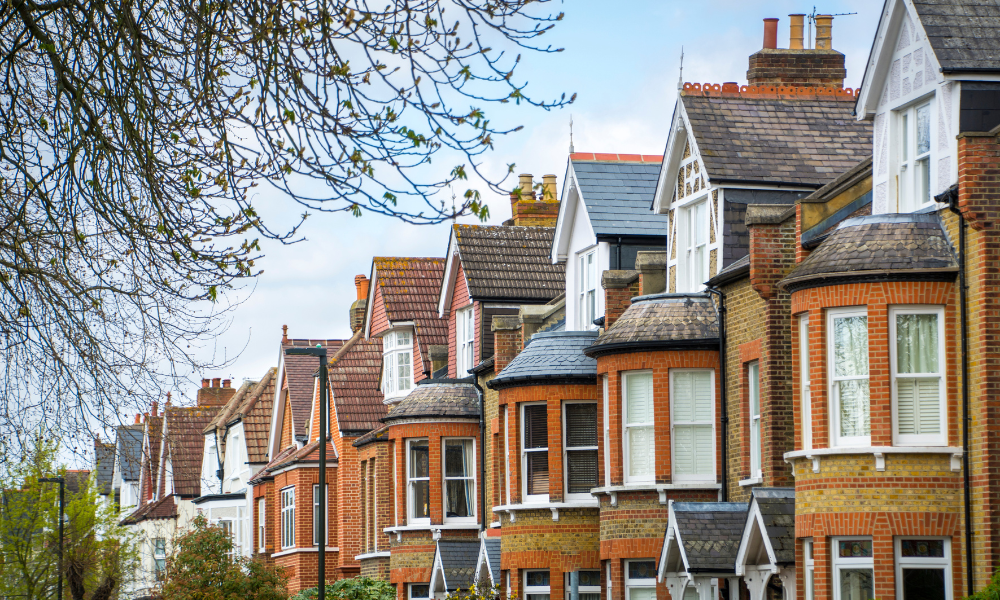Strong labour market and resilient demand drive UK house prices closer to 2022 peak

UK house prices rose at their fastest annual pace in two years in November, according to the latest Nationwide House Price Index.
The price of a typical home increased by 3.7% year-on-year to £268,144, up from £265,738 or 2.4% in October.
On a monthly basis, prices climbed by 1.2% after seasonal adjustments, the largest gain since March 2022. Nationwide reports that house prices are now just 1% below the all-time high recorded in summer of 2022.
Robert Gardner, chief economist at Nationwide, described the growth as “surprising” given the ongoing affordability challenges caused by high house prices relative to incomes and elevated interest rates compared to pre-pandemic levels.
“The pickup in price growth is unlikely to have been driven by upcoming stamp duty changes, as most mortgage applications were initiated before the Budget announcement,” Gardner said.
Jeremy Leaf, a north London estate agent and former residential chairman of the Royal Institution of Chartered Surveyors (RICS), has also observed a shift in market conditions following the recent Budget.
“In our offices, we are seeing prices hardening and stock levels rising,” Leaf said. He attributed this partly to the Budget, which, while “not particularly helpful,” was also “not as bad as many feared.”
Gardner noted that the housing market has remained resilient, with mortgage approvals nearing pre-pandemic levels despite the higher-rate environment. Strong labour market conditions, including low unemployment and real income growth after inflation, have underpinned demand.
He also pointed to robust household finances, with debt levels at their lowest relative to incomes since the mid-2000s, as a key factor supporting the market. However, he warned that the forthcoming stamp duty changes could distort market activity in early 2025.
“We’re likely to see a spike in transactions in the first quarter of next year, especially in March, followed by a slowdown in the subsequent months, similar to patterns seen after previous stamp duty adjustments,” the economist said.
Verona Frankish, chief executive of estate agency Yopa, added that although there may have been a momentary pause ahead of the Autumn Budget, it’s clear that market activity has accelerated significantly since then, with the driving factor being the government’s failure to extend current stamp duty relief thresholds beyond March of next year.
“As a result, we can expect a very busy end to 2024, and it’s likely that both mortgage approval levels and house prices will trend upwards as the year comes to a close,” Frankish said.
Looking ahead, Gardner expressed cautious optimism, predicting a gradual strengthening in housing market activity.
“If the economy continues to recover steadily, modestly lower interest rates and earnings outpacing house price growth could ease affordability constraints,” he said.
Any thoughts on the latest Nationwide House Price Index? Share them with us by leaving a comment in the discussion box at the bottom of the page.



